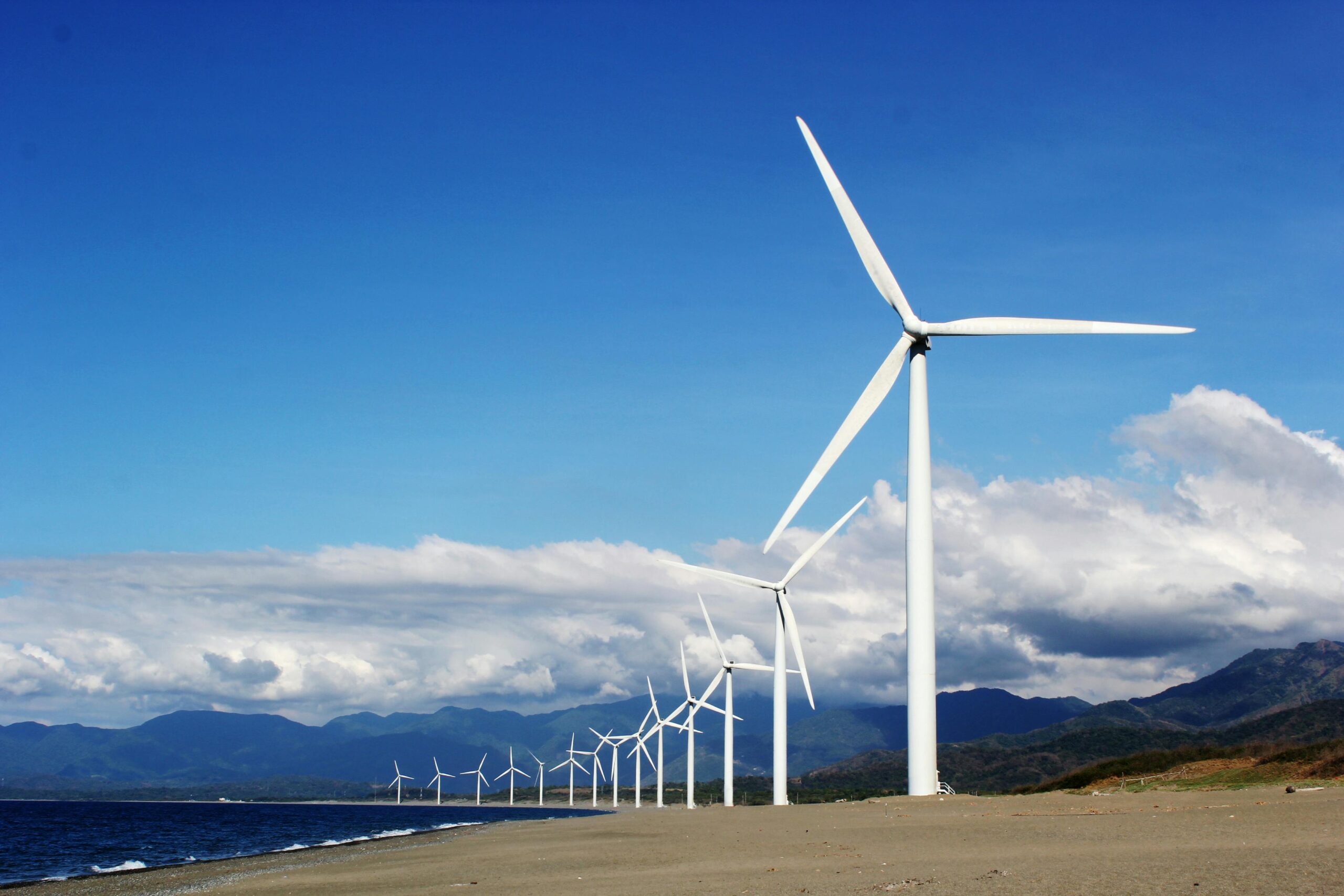Last year, the U.K. made a significant achievement by becoming the first G7 country to completely phase out coal power plants. From more intense hurricanes and wildfires to rising sea levels and extreme heat, our communities are facing the harsh consequences of a warming world. But with so much information and many decisions to navigate, it can be hard to know what actions are most important.
The UK’s Shift to Renewable Energy
To tackle climate change, experts agree that we need to stop relying on fossil fuels. However, many countries still depend heavily on coal, gas, and oil for energy.
A recent analysis by Carbon Brief, a climate-focused outlet, reveals that the U.K. has made significant strides in reducing greenhouse gas emissions from its electricity sector. By cutting coal use and embracing cleaner energy sources, the U.K. is now producing the lowest amount of emissions in its history.
In 2024, renewable energy sources such as wind and solar provided a record 45% of the country’s electricity, with fossil fuels contributing 29% and nuclear power adding another 13%. Over the past decade, renewables have more than doubled, and carbon emissions have fallen by two-thirds.
While gas-fired power plants remain the largest source of electricity in the U.K., wind power is rapidly growing and is expected to surpass gas in the near future. In fact, with more wind projects coming online, the U.K. is likely to generate more electricity from wind than from gas by 2025. It. is enjoying its cleanest year ever for electricity production. The transition away from coal and the rise of renewable energy are key steps in preventing the worst impacts of climate change.


Leave a Reply